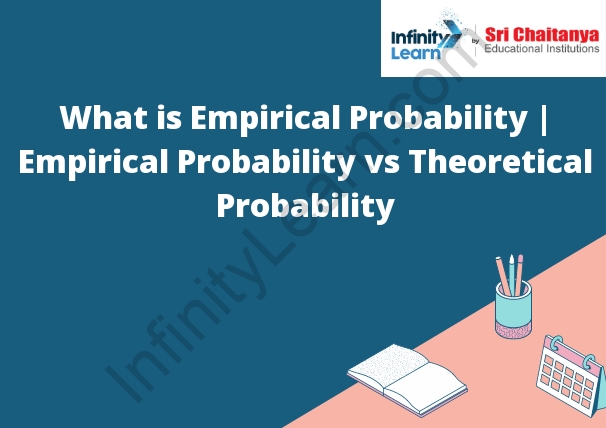Table of Contents
Empirical Probability Advantages and Disadvantages
The empirical probability is a measure of how likely an event is to happen, based on past experience. It is calculated by dividing the number of times the event has occurred by the total number of trials.
This type of probability is easy to understand and use, and it can be calculated quickly. It is also useful for predicting future events. However, it is not always accurate, because it does not take into account the likelihood of different outcomes.

Probability – Pros and Cons
Theoretical probability is the branch of mathematics that deals with the calculation of probabilities of events. Empirical probability is the actual observed frequency of occurrence of an event in a given sample space.
Probability – pros:
1. Probability can be used to calculate chances of things happening in the future, which can be helpful in making decisions.
2. Probability can be used to determine how likely it is that a particular event will occur. This can be helpful in risk assessment and in betting.
3. Probability can be used to identify patterns in data.
4. Probability can be used to compare different possible outcomes of a situation.
5. Probability can help to make predictions about the likelihood of future events.
6. Probability can be used to calculate the odds of a particular event occurring.
7. Probability can be used to identify the most likely outcome of a situation.
8. Probability can be used to calculate the probability of multiple events occurring.
9. Probability can be used to determine whether an event is likely to happen by chance alone.
10. Probability can be used to calculate the probability of a compound event.
Probability – cons:
1. Probability can be difficult to understand and use.
2. Probability can be misleading if used incorrectly.
3. Probability can be used to make decisions
What are the Disadvantages?
Empirical probability is the estimation of probability based on observed data. It is an effective way to estimate the likelihood of an event occurring. However, there are some disadvantages associated with empirical probability.
First, empirical probability requires a lot of data to be collected in order to be accurate. This can be time-consuming and expensive, as it requires a significant sample size. Additionally, the data needs to be collected in a way that is both reliable and valid. This can be difficult to achieve, especially when the sample size is small or the data is not representative of the population.
Second, empirical probability can be biased. This is because it relies on the data collected, which may not accurately reflect the population. For example, if the data is collected from a biased sample, then the results may not be representative of the population at large.
Third, empirical probability can be subject to errors and mistakes. For example, if the data is collected incorrectly or if it is not properly analyzed, then the results may be unreliable. Additionally, if the data is not representative of the population, then the results may be inaccurate.
Finally, empirical probability is not always accurate. Even if the data is collected correctly and analyzed accurately, there is always the possibility that the results may be inaccurate. This is because there are many variables that can affect the outcome of an event, and it is impossible to account for them all.
In conclusion, empirical probability can be a useful tool for estimating the likelihood of an event occurring. However, there are some disadvantages associated with it, such as the need for a large sample size, the possibility of bias, the risk of errors and mistakes, and the possibility of inaccurate results. As such, it should be used with caution and in combination with other methods of probability estimation.
Empirical Probability vs Theoretical Probability
Empirical probability and theoretical probability are two different ways of calculating probabilities in statistics and probability theory.
Empirical probability is based on actual observations or experiments. It is the probability that an event will occur based on the results of past trials or experiments. For example, if you flip a coin 100 times and it lands on heads 55 times, the empirical probability of getting heads is 55/100 or 0.55.
Theoretical probability, on the other hand, is based on mathematical principles and assumptions. It is the probability of an event occurring based on theoretical calculations or models. For example, the theoretical probability of flipping a fair coin and getting heads is 0.5, because there are two equally likely outcomes (heads or tails) and only one of them is heads.
In summary, the main difference between empirical probability and theoretical probability is that empirical probability is based on actual observations or experiments, while theoretical probability is based on mathematical calculations and assumptions.






